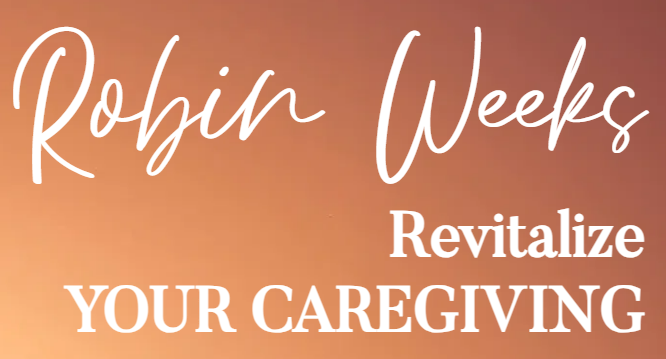We often don’t even realize that caregiving has begun. I started looking after my Mom during my Dad’s terminal illness. Then when he died I was spending time traveling across a state line to check on her, then we talked and she agreed to move to assisted living near me. I didn’t think of myself as a caregiver, she was in good shape physically and mentally. She just needed me.
I wasn’t prepared because I didn’t think of this as caregiving. Then she stopped driving, and still, I didn’t consider it caregiving when I had to take her everywhere, do her shopping, be her emotional support. I wasn’t prepared as the tasks multiplied and the health instances of ER and hospital visits increased.
Caregiving often begins in a whirlwind. A late-night phone call. A fall in the bathroom. A diagnosis that changes everything, the death of a parent leaving the spouse alone. In that moment, we’re thrown into action — often with little guidance, no plan, and a heart full of worry. But what if we could approach caregiving with more readiness and less panic?
Why We Avoid Preparing:
Many caregivers don’t plan ahead — and it’s not because they don’t care. It’s because they’re overwhelmed, in denial, or simply don’t know where to start. They just don’t think of this as something that needs a plan. According to a recent AARP study, over 75% of family caregivers say they wish they had been more prepared before taking on the role. Guilt, fear of upsetting a loved one, and the hope that things won’t get worse keep us stuck.
Often, because we are talking about a family member, the idea of planning for things doesn’t even occur to us. We assume a lot with family; they’ll have made plans for this health issue, they have their legal documents all in order for this, they will tell us what to do……. This is especially true if it’s a parent because we are always their child and often still look to them for advice and how to manage things.
The Hidden Cost of Being Unprepared:
When a crisis hits and we’re not ready, the emotional, financial, and logistical toll can be devastating. Decisions made in panic are rarely the best ones. Hospital stays, long-term care, legal documents, medical history, finances — these are all things we scramble for when we could’ve had a roadmap.
Sitting in an ER room with a parent who is ill, injured and often confused can be very unsettling. The adult child is now the responsible one who needs to make decisions, answer questions about healthcare. This can be very hard to do when in a stressful situation and without the right information.
Small Steps, Big Peace of Mind:
Readiness isn’t about perfection. It’s about building a foundation so you’re not caught completely off guard. There are a few simple pieces to put into place to get started.
- A personal crisis checklist
- Family communication strategies
- Emergency documents every caregiver should have
Closing Thought:
Planning ahead isn’t easy. But it’s an act of love — for yourself and the person you care for. Let’s do it together. Time spent now offers less chaos in a crisis.


